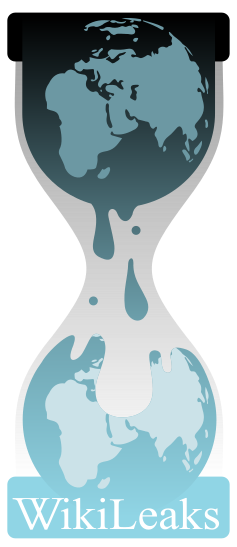5 December 2010
Nairobi — The leak of US diplomatic cables from all over the world has raised fundamental question over freedom of information and the operations of the media vis-à-vis governments.
Wikileaks founder Julian Assange has among others put the media in the East African region on the spot, for not doing enough to investigate corruption in government, or going along with targeted leaks by government officials with their own agenda. The Wikileaks saga proves that even the US government is scared of the new media and its capacity to track goings on in the corridors of power.
According to US embassy staff in Nairobi, Kenya is a "swamp of corruption." That is not new, because Kenyans have always known that London and Washington are disturbed by the level of official corruption in Kenya. Former British envoy to Kenya Edward Clay, with his famous "vomiting on our shoes" remark while commenting on the Anglo Leasing scandal, was a window to the thinking of the West.
It is also not news that almost every line of the cables drips with contempt for the government of President Mwai Kibaki and Prime Minister Raila Odinga, given the cases of corruption that led to the banning of 15 high-ranking Kenyan officials from entering the US.
However, it is the inability of the media to go deeper into these scandals, that the Wikileaks cables has exposed. In the region, the Official Secrets Acts still operational in most of the five EAC member states -- Kenya, Uganda, Tanzania, Burundi and Rwanda -- are a major impediment to freedom of information for the both the media and citizens in general.
In Kenya for instance, even though Section 35 of the Bill of Rights in the new Constitution obliges the government to publish and publicise any important information affecting the nation, the government still uses the pretext of official secrets to conceal irregular and illegal activities by public officials.
The Official Secrets Act has routinely been used to conceal information and encourage corruption in the civil service. The recent scandals involving the Foreign Affairs, and Water Ministries are just a sample of what goes on in government.
The Freedom of Information Bill, 2007, which would have allowed the public to access information about government operations and nip corrupt dealings in the bud, lapsed in parliament before enactment. The challenge now is for the media in the region to focus more on investigative reporting to uncover graft.
The Kenyan media is fairly free compared with its counterparts in the other four member countries, followed by Uganda. In Tanzania, the powerful ruling Chama cha Mapinduzi is a major impediment to free media operations.
As for Burundi, the country is just emerging from decades of war, while in Rwanda, media practitioners are continuously reminded to report with the 1994 genocide in mind, leading to self-censorship. View the original article here



No comments:
Post a Comment